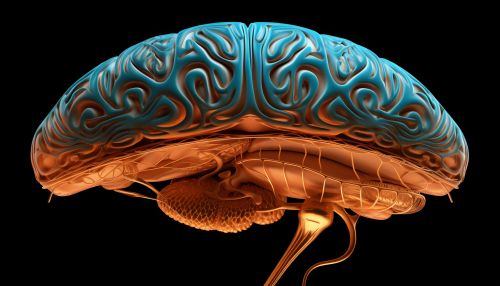Spatial Memory
Overview
Spatial memory is a cognitive process that enables a person to remember different locations as well as spatial relations between objects. This form of memory is used by individuals to navigate through familiar and unfamiliar environments. Spatial memory is also involved in learning and remembering the layout of an area such as one's home or city. It is a subset of cognitive psychology, specifically, the study of mental processes and their effects on the behavior of an organism.


Neurobiology of Spatial Memory
The neurobiological basis of spatial memory involves the hippocampus, a region of the brain that plays a significant role in the formation of new memories about experienced events. The hippocampus is particularly important for memory function, particularly the transference from short- to long-term memory and control of spatial memory and behaviour.
The entorhinal cortex, which is the main interface between the hippocampus and neocortex, also plays a crucial role in spatial memory. The entorhinal cortex contains a map of the spatial environment and neurons in this area communicate this information to the hippocampus.
Types of Spatial Memory
Spatial memory includes several different types of information. The two primary types are "egocentric" and "allocentric" spatial memory.
Egocentric Spatial Memory
Egocentric spatial memory allows an individual to locate objects and places in relation to their current position. This type of memory is used for actions such as reaching for a glass or navigating a room.
Allocentric Spatial Memory
Allocentric spatial memory, on the other hand, involves a map-like representation of the spatial environment, independent of one's current location. This form of memory is used when navigating a large city or following a map.
Spatial Memory in Animals
Spatial memory is not exclusive to humans. Many animals, such as rodents, birds, and insects, demonstrate a strong ability to navigate their environment and remember locations. This is particularly evident in the behavior of animals that cache food and must remember the locations of their hidden caches.
Spatial Memory Disorders
Impairments in spatial memory can occur due to damage to the hippocampus and surrounding structures and can lead to disorders such as Alzheimer's disease, Parkinson's disease, and Korsakoff's syndrome. These disorders are often characterized by a loss of spatial orientation and difficulties in remembering locations.
Spatial Memory and Aging
Spatial memory abilities can decline with age. Older adults often exhibit poorer performance on tasks that require spatial memory, such as navigating a new environment or remembering the location of objects.
